
September 2013
- FOOT PROTECTION: Coming to Grips with Slips
- HEARING PROTECTION: Hearing Protection Technologies for the Future
- HEARING PROTECTION: Protect the Hear and Now
- TRAINING: The Next Generation of Dock Safety Equipment
- INDUSTRIAL HYGIENE: Protecting Workers from Risks Associated with Nanomaterials, Part II
- INDUSTRIAL HYGIENE: The Good, the Bad, and the Ugly
- SAFETY CULTURE: The ROI of Safety
- EMPLOYEE GIFTS & INCENTIVES: Increasing Employee Participation in Corporate Wellness Programs
- EMPLOYEE GIFTS & INCENTIVES: Eight Cultural Imperatives for Workplace Safety
- EMPLOYEE GIFTS & INCENTIVES: Safety and Wellness: The Critical Connection
- FACILITY MANAGEMENT: Death by Forklift is Really the PITs
- ERGONOMICS: What Is a Safe Lift?
- 2013 NSC PREVIEW: Celebrating the National Safety Council's First Century
- INDOOR AIR QUALITY: A Systematic and Scientific Approach to IAQ Odor Complaints
- INDOOR AIR QUALITY: Building Materials Can Be a Major Source of Indoor Air Pollution
- EMPLOYEE DRUG & ALCOHOL TESTING: Legalized Marijuana and Its Effect on the Workplace
- EMPLOYEE DRUG & ALCOHOL TESTING: Prescription for a Hazardous Workplace
- BEHAVIOR-BASED SAFETY: Anticipating Critical Errors
- TRANSPORTATION SAFETY: Bringing All Cars Up to the Safest Standards
Click here to subscribe.
--->
Cover Story
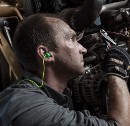
By Leo Hill
The real issue is not that hearing protection has played second fiddle to other PPE products, but that there is a lack of education regarding noise-induced hearing loss.
Features
By Larry Wilson
The point is, you don't need to be a fortune teller to predict frustration, and the same thing is true for rushing.
By Anthony Di Giovanni, Nick Laperle
Self-fitting technology will enhance communication and eventually incorporate intelligent filtering that will adapt to your noise environment.
By Jo McGuire
What does an employer do about relaxed drug laws? Watch for impairment and be prepared to confront it as a safety issue.
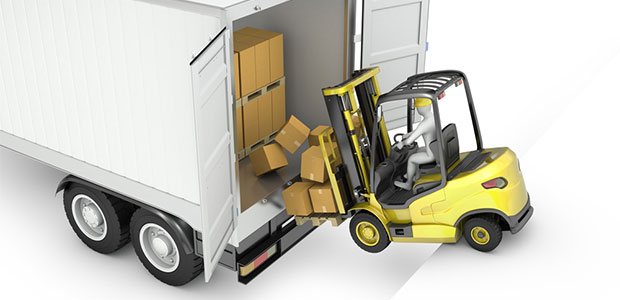
By Chuck Paulausky
Powered Industrial Trucks are critical to many industries. By implementing a forklift safety program and effective training, you can ensure that this asset doesn't become a liability.

By Jessica Acklen
Chicago's McCormick Place once again will host one of the world's largest conferences for environmental, health, and safety professionals.
By Jerry Laws
Any environment with a hard walking surface and that is subject to various contaminants is in need of some form of slip resistance.
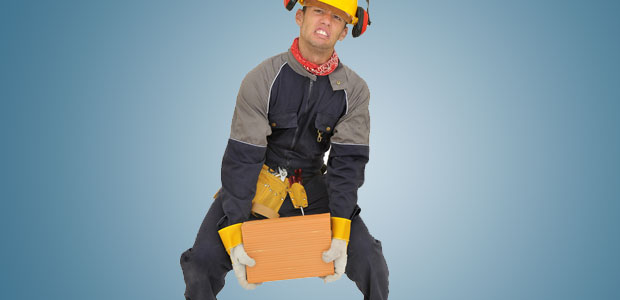
By Kathy Espinoza
When training is done well, in combination with engineering controls, it is a very effective way to reduce back injuries and create safer lifting environments.
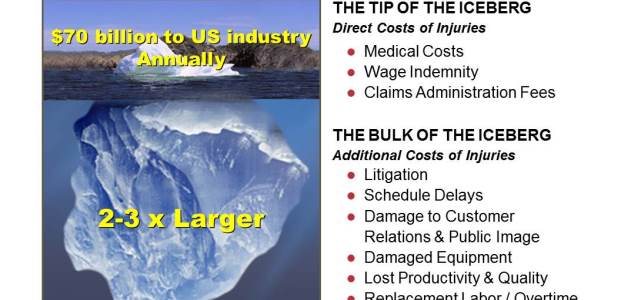
By Simon Herriott
Here's how developing a culture of safety can help the bottom line.
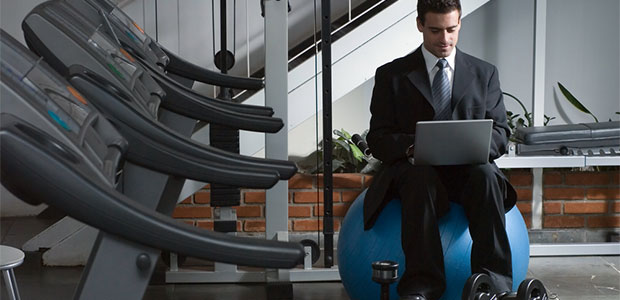
By Barb Hendrickson
Incorporating games into the wellness program structure makes sense as the next engagement strategy.
By Jeffrey R. Allen, Rachel L. Wright, Paul J. Johnson
A quick take-away from a landmark study of benzene exposure and cancer among petroleum workers: Defending trace benzene lawsuits will be more challenging.
By David L. Zeidner
Do you smell that?
By Marisa L. Kreider, Amanda M. Burns, Gretchen H. DeRose, Julie M. Panko
Control banding is likely the most well-developed risk management strategy proposed for use with nanomaterials to date.
By Walt Swietlik
Employers must continue to focus on forklift safety training and consider the use of multiple safety devices, such as strategically placed signs, painted aisles, and guarded walkways.
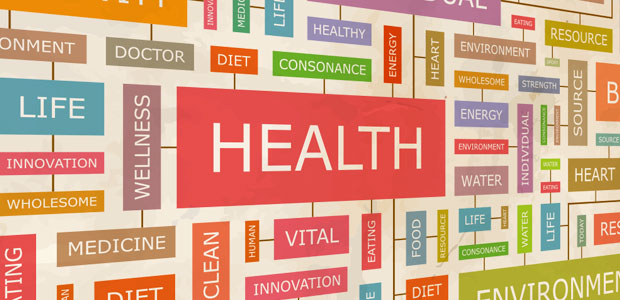
By Ira Ozer
Because these two fields approach their objectives with different assumptions, priorities, and methods, coordination is not common.
By Andrew Powell
This is the toughest drug problem facing safety professionals today.
By Michelle M. Smith
Don't hesitate to give employees the knowledge and tools to make decisions.
By Jerry Laws
By 2020, Global NCAP's goal is for all new cars to meet the UN crash test regulations with airbags, anti-lock brakes, and electronic stability control fitted as standard.
By Bruce Mitchell
Indoor air quality can be improved by controlling the sources of VOC emissions.
Departments
By Jerry Laws
FDA will be working with EPA to facilitate the development of an organic treatment that would kill Salmonella and other harmful organisms.
By Robert Pater
Begin by scoping out what actually works. Appearances can be deceiving.
By
It is possible to successfully work your process and be working on the wrong things.